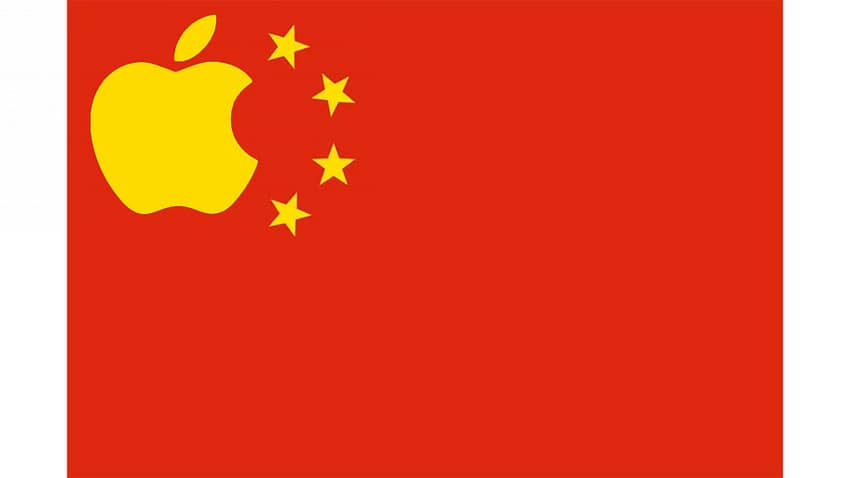The Chinese government has banned workers in the public sector and in government-owned enterprises from bringing iPhones to work. In a stunning coincidence, this coincides with the release of a new phone from Huawei that shows China’s semiconductor industry is rapidly catching up wth the rest of the world.
China has ordered officials at central government agencies not to bring iPhones into the office or use them for work. With China representing a massive piece of Apple’s global revenue and a new iPhone just a week or two away from release, this is a major blow that is causing consternation right across the business world. While many companies have expressed that doing business in China can be challenging, Apple has long enjoyed a fruitful relationship with Chinese factories creating huge employment opportunities. And Apple has invested heavily in manufacturing facilities, with Apple CEO Tim Cook calling the relationship between Apple and China “symbiotic”.
What is the impact of this decision?
There is some immediate impact with Apple’s share price taking a significant hit with USD$200M lost following a decline of about 7% over the last couple of days as news of the announcement has spread.
Moreover, China is a massive market for Apple that accounts for close to USD$400B – almost a fifth of Apple’s total revenue. And while the impact on iPhone sales might be just 5% according to Bernstein analyst Toni Sacconaghi, this may just be the tip of the iceberg as sales in China have been escalating at rates that in excess of other regions.
Chinese citizens might be dissuaded from being other products by non-Chinese manufacturers. The impact of this decision might be far reaching.
Why did China’s government do this?
The most likely explanation for this is two-fold in my view.
Governments around the world, including Australia, have put a ban on the use of equipment made by Huawei and other Chinese communications manufacturers. This ban on the iPhone could be a simple ‘tit for tat’ act of reciprocity.
The release of the new Huawei Mate 60 smartphone, boasting new processor tech that doesn’t rely on technology designed by American companies , and the timing of this pronouncement is no coincidence. The Chinese government has banned iPhones at this same time as its new flagship is released and right before a new iPhone hits the market. The confluence of those events means this decision has been timed to have the greatest possible impact.
What will Apple do?
Apple rarely speaks out on issues pertaining to local politics in markets where it participates. I doubt that Apple will make any significant statement. If they do, expect it to be filled with soft language about the importance of innovation, fostering great partnerships around the world and working with the Chinese government to understand its concerns.
In short, Apple will outwardly suck it up and internally lobby its contacts in the Chinese government to foster its relationships within that regime.

Anthony is the founder of Australian Apple News. He is a long-time Apple user and former editor of Australian Macworld. He has contributed to many technology magazines and newspapers as well as appearing regularly on radio and occasionally on TV.

